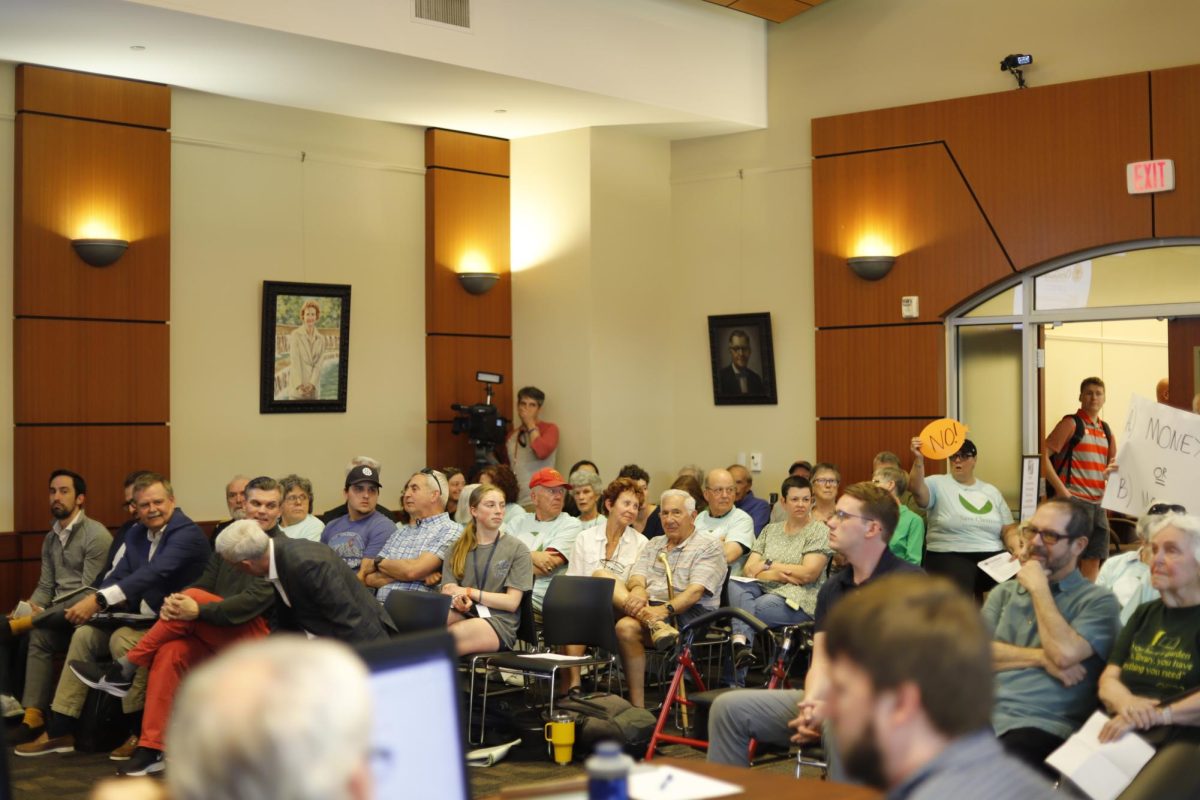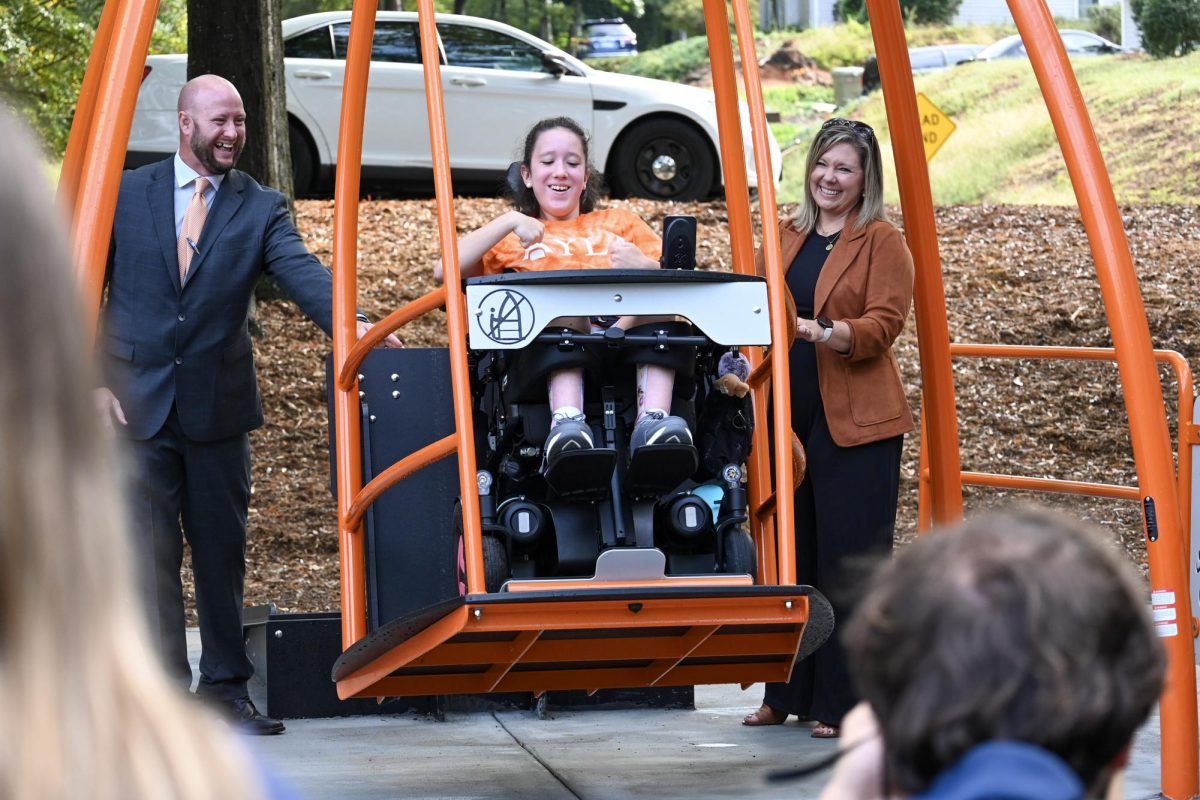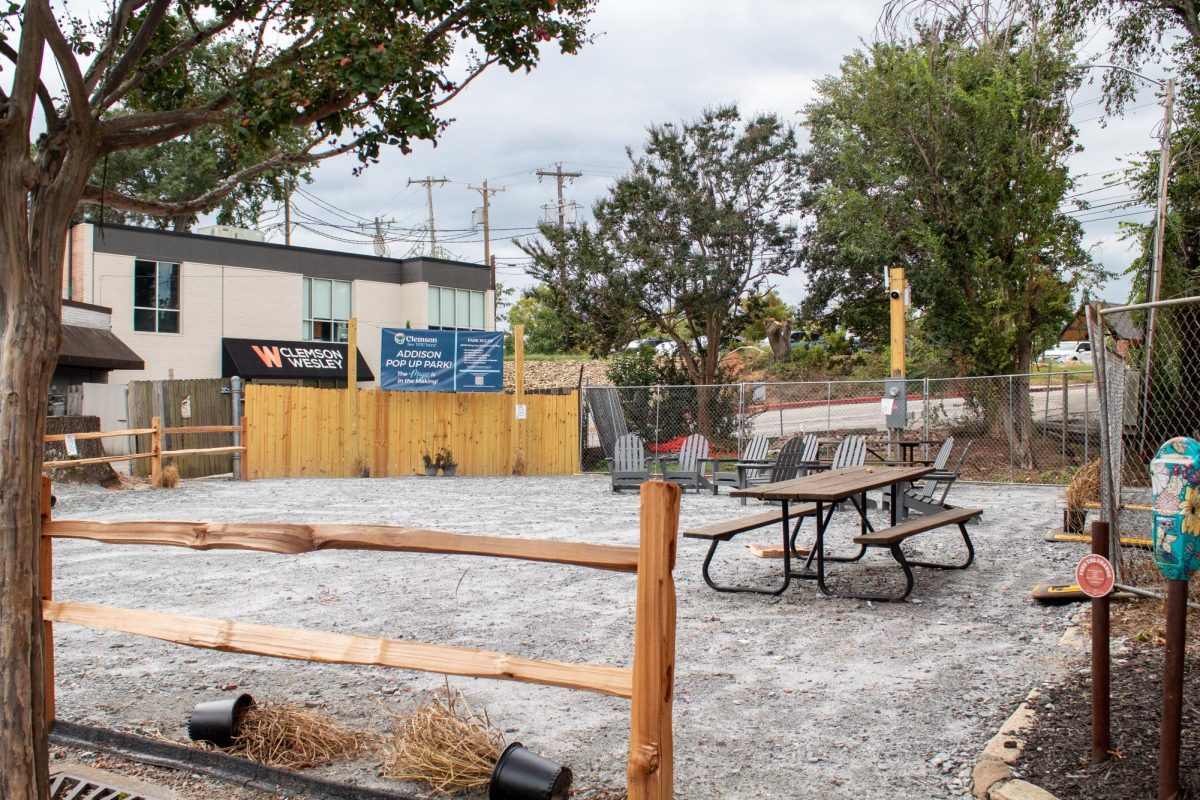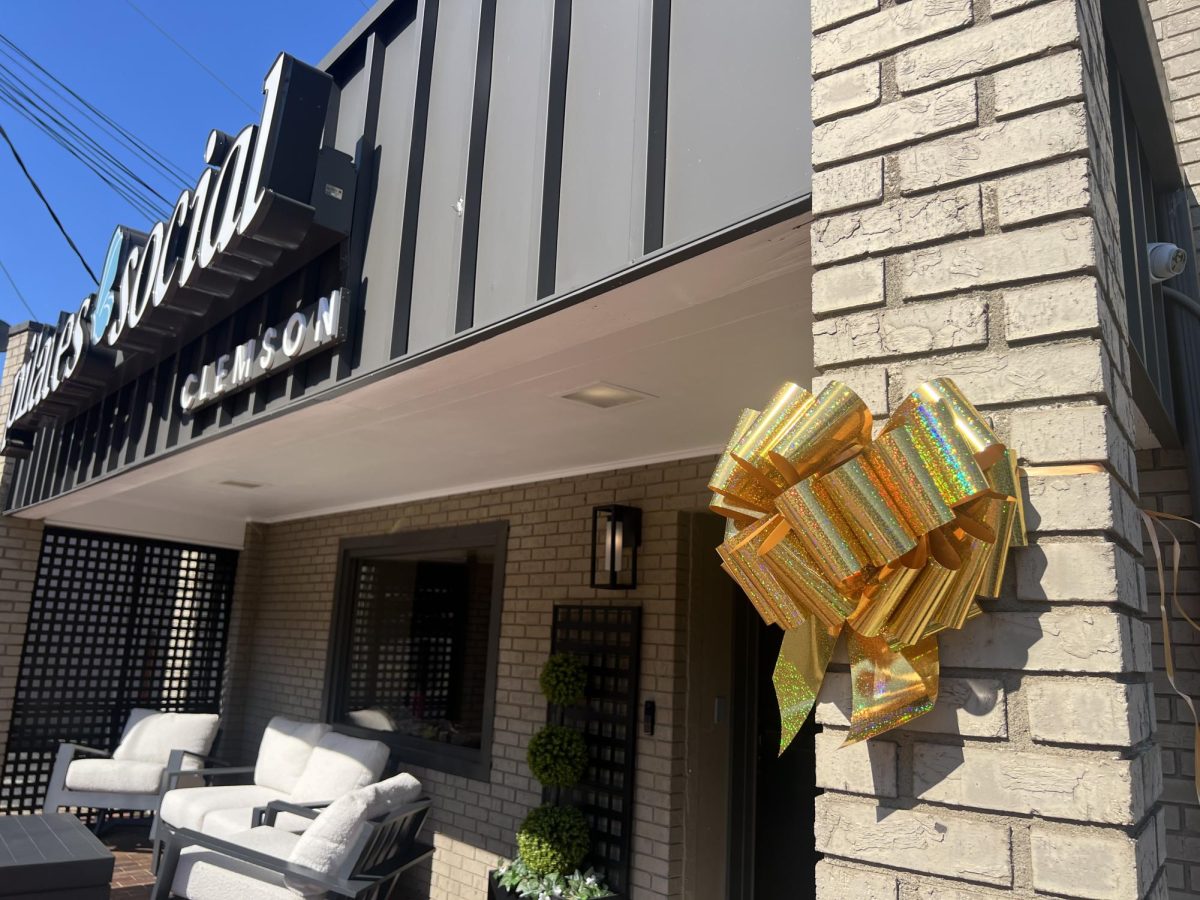In front of a council meeting packed with residents passionate about the future of Abernathy Park and the surrounding area, the Clemson City Council voted 4-3 in favor of the Clemson Hub project on Keowee Trail on Monday.
Council members Catherine Watt, Alesia Smith and Lillian Boatwright voted against the housing development for reasons such as increased rent for students and residents, the corporate intentions of Core Spaces and the vast size of the seven-story building.
“I’m sorry that the decision we made tonight will likely impact students and residents for a very long time. We will have increased rents for students … it will be just another development that gives landlords reason to raise the rent,” Watt told The Tiger.
Mayor Robert Halfacre and council members John Fulmer, Bob Brookover and John Ducworth voted in favor of the housing development. The council members provided reasoning such as maximizing the potential of Abernathy Park, protecting the city from legal risk and providing a modern housing and retail center for all citizens.
“I really have, I think, more of a fiduciary responsibility. I feel that way, as far as everything is concerned,” Fulmer told The Tiger.
After the passage of the first reading, the council will vote again at the second reading on April 15, which could finalize the council’s decision.
“While the emphasis on this development has consumed the time of some of our community for these past two months, there are many of us who have been dealing with various plans for this property for the past several years,” Halfacre said during the meeting on Monday.
Core Spaces, LLC is the long-term real estate developer of the proposed Clemson Hub project. They have also purchased the Pier at Clemson and Clemson Lofts.
Core Spaces presented features of the development, including a large public plaza, connections between Wall Street and Keowee Trail for pedestrians and cars and 75 public parking spaces with an additional 60 spaces during summers. The development would also include 8,500 square feet of subsidized retail on the plaza and Lake Hartwell and a $1 million donation for the improvement of Abernathy Park, in addition to reduced congestion due to students living within walking distance of campus.
Some Clemson residents have attended previous public hearings for the development, expressing concerns that the development will increase traffic on U.S. Route 123, destroy the historic Abernathy Park and negatively impact infrastructure, taxes, erosion and pollution.
A large factor in the decision to approve the development is a pending lawsuit.
At a City Council meeting on May 1, 2023, Keowee Trail attorney Rivers Stilwell urged the city to take action with the undeveloped $5.25 million Keowee Trail land.
“It’s just not fair that the city locks that land down and doesn’t pay value for it… It’s going to turn out to be a 5 to 10 million dollar project for the city,” Stilwell told the council last year.
The $5 million lawsuit began in 2021 when Keowee Trail and the Smith family, the in-laws of Clemson University President Jim Clements, accused the city of Clemson of refusing to allow them to develop the 3.77-acre land on Keowee Trail.
The lawsuit accused the city of “freezing” the property from development and not offering compensation. Keowee Trail, as the plaintiff, argued that the city’s actions oppose South Carolina law, with the city effectively taking the property from Keowee Trail, LLC through development delays, which have diminished the economic value and revenue of the property.
The loss of revenue is estimated at $5.25 million.
“Further solidifying my decision is the real possibility that a ‘no’ vote puts the city at risk for dramatic financial impacts,” Halfacre said. “A pending lawsuit to contend with will entail hundreds of thousands in attorneys’ fees, and a win just means that we don’t have to pay the landowner over $5 million in damages.”
The city of Clemson has continually rejected variants and public development proposals from Keowee Trail for developing the land. These proposals included a hotel, student housing and residential housing.
“Developers are coming out of the woodwork and talking to us about the land. They are coming, and they are serious,” Stilwell told the council during the meeting on May 1, 2023.
The current proposed development is much larger than what could be built at the site with existing zoning and the city’s height limit.
The height limit is part of the moratorium on high-density housing enforced by the council in 2020 due to the rise in student housing.
“The property remains zoned as is and could be developed with no benefits to the city,” Halfacre said during the April 1 meeting.
The lawsuit has been paused until after the second vote.











